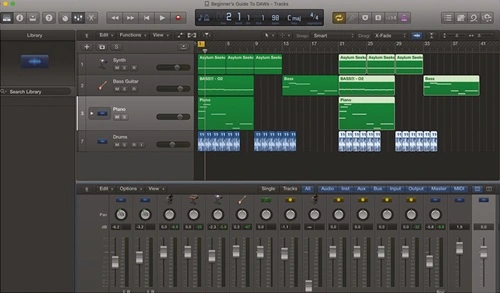Yes, in most cases, it is illegal for an employer to hold or delay an employee’s paycheck beyond the agreed-upon pay period. Federal and state labor laws require employers to pay workers on a regular schedule, and failing to do so can lead to legal penalties. However, certain exceptions may apply depending on the circumstances, such as clerical errors or disputes over hours worked.
Federal Labor Laws on Timely Payment
1. Fair Labor Standards Act (FLSA)
- The FLSA, enforced by the U.S. Department of Labor (DOL), mandates that employees must be paid promptly for their work. Although it does not specify exact pay periods, it requires employers to adhere to their established payroll schedule.
- Delayed payment is considered a violation of the FLSA, potentially leading to penalties and fines for the employer.
2. Final Paychecks
- When an employee is terminated or resigns, federal law does not specify when the final paycheck must be provided. However, state laws often establish specific deadlines, such as on the last working day or within a set number of days after termination.
State Laws on Paycheck Timing
State labor laws often provide additional protections for employees regarding paycheck timelines. Examples include:
1. California
- Employers must pay wages at least twice a month and issue final paychecks immediately upon termination or within 72 hours if the employee resigns without notice.
2. New York
- Employees must be paid weekly, biweekly, or semimonthly, depending on the industry and employment agreement.
3. Texas
- Wages must be paid at least twice per month, and final paychecks are due within six days after termination.
- Failure to comply with state-specific deadlines can result in penalties, including late fees, interest, and potential lawsuits.
Common Reasons Employers Hold Paychecks
1. Clerical or Administrative Errors
- Payroll mistakes, such as incorrect time entries, may delay paycheck processing. Employers are expected to correct such issues promptly.
2. Disputed Hours or Deductions
- If there is a disagreement over hours worked or deductions, employers may withhold a portion of the paycheck until the dispute is resolved. However, withholding the entire paycheck is typically illegal.
3. Withholding for Unreturned Property
- Employers may not deduct amounts for unreturned equipment or other property unless state law explicitly allows it, and such deductions do not reduce pay below minimum wage.
Legal Consequences for Employers
1. Fines and Penalties
- Employers who fail to pay wages on time can face fines from state labor departments. For example, California imposes penalties of one day’s wages for each day the paycheck is delayed, up to a maximum of 30 days.
2. Lawsuits and Class Actions
- Employees can file lawsuits for unpaid wages, seeking damages, interest, and attorney fees. In some cases, these lawsuits may escalate to class actions if multiple employees are affected.
3. Government Investigations
- Repeated violations can trigger investigations by state labor departments or the DOL, potentially resulting in stricter oversight or business closure.
Employee Remedies
If an employer illegally withholds a paycheck, employees can take the following actions:
1. Contact HR or Payroll: Inquire about the delay and document all communication.
2. File a Complaint: File a wage claim with the state labor department or the DOL. Many states offer online complaint systems for faster resolution.
3. Seek Legal Counsel: Consult an attorney specializing in employment law to explore options for recovering unpaid wages.
Related FAQs
Q1. Can my employer legally hold my paycheck if I quit?
Ans: No, employers must adhere to state laws regarding the timeline for final paychecks, even if you resign.
Q2. Is it legal to withhold a paycheck for missing company property?
Ans: It depends on state law. Some states allow deductions for unreturned property, but the employer cannot withhold the entire paycheck or reduce wages below minimum wage.
Q3. What should I do if my paycheck is late?
Ans: First, contact your employer to resolve the issue. If unsuccessful, file a complaint with your state labor department or the DOL.
Q4. Can my employer delay my paycheck due to a payroll error?
Ans: Employers must resolve payroll errors promptly. Delaying payment for extended periods may violate labor laws.
Q5. Are employers required to notify employees of paycheck delays?
Ans: While notification is courteous, employers are legally required to pay employees on time according to the agreed-upon schedule.
Conclusion
Holding or delaying a paycheck is illegal in most circumstances, with federal and state laws ensuring timely payment of wages. Employers who fail to comply face significant penalties, including fines, lawsuits, and government investigations. Employees should be aware of their rights and take action if they encounter delayed or withheld pay. Understanding these protections ensures that workers receive the compensation they have earned without unnecessary delays.


